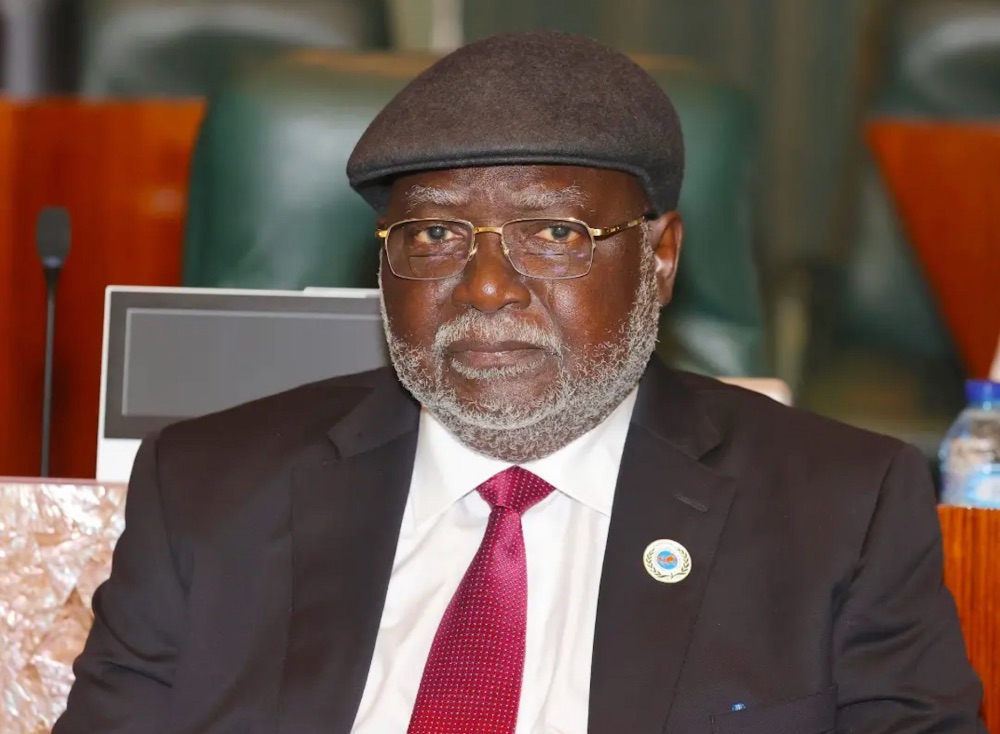The Chief Justice of Nigeria (CJN), Olukayode Ariwoola, has been spotted in London posing as a physically challenged old man.
According to the People’s Gazette, the move by the Chief Justice of Nigeria is a clandestine preparation for a meeting with Nigeria’s President-elect, Bola Tinubu.
According to sources who spoke to the online news platform, Mr. Ariwoola left Nigeria on March 11, and upon arriving in London, he was pushed in a wheelchair to his hotel.
However, he was seen moving around the hotel without the aid of the wheelchair soon after checking in. He was also seen picking up food orders via delivery services.
Reports suggest that Mr. Ariwoola’s movements were exposed to the media as Mr. Tinubu was arriving in London for a relaxation trip after a hectic campaign that preceded his declaration as Nigeria’s president-elect last month.
Mr. Tinubu had reportedly kept his trip to London secret until it was exposed by Sahara Reporters, another online news platform.
The CJN’s alleged visit to London has sparked concerns about his motives, as Mr. Tinubu faces a legal challenge to his election from two main opposition candidates, Peter Obi and Atiku Abubakar.
The petitions allege that the process that led to the decision of the electoral office INEC was fraudulent and unconstitutional.
The CJN is expected to play a key role in the legal battle, which has raised concerns about the credibility of the Supreme Court as an arbiter of untainted justice.
Mr. Ariwoola’s apparent affinity with Mr. Tinubu has raised eyebrows, as he reportedly wanted to meet Mr. Tinubu to discuss issues that may arise from the legal challenge. Sources suggest that the CJN may have assured Mr. Tinubu of victory in court or warned him about the potential challenges his legal team may face.
Neither the Supreme Court nor Mr. Tinubu’s spokespeople have commented on the alleged secret meeting. However, Nigerians have expressed concerns about the apparent brazen partisanship of the CJN, which may compromise the judiciary’s independence and the credibility of the legal process.







